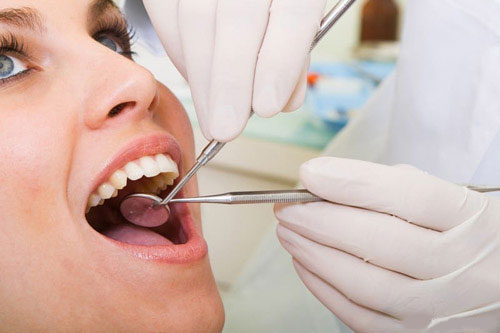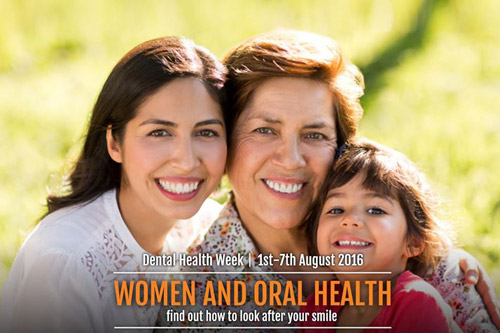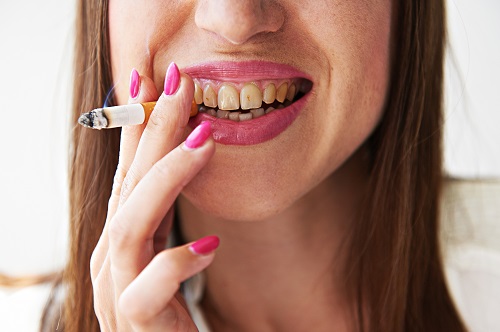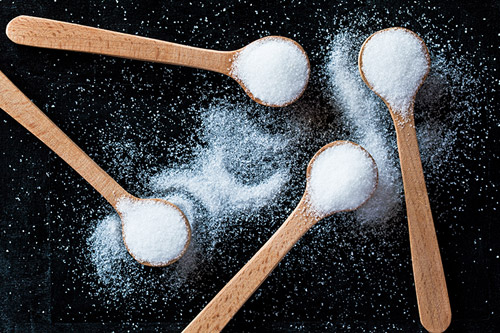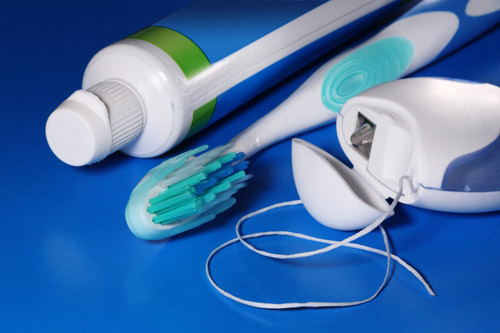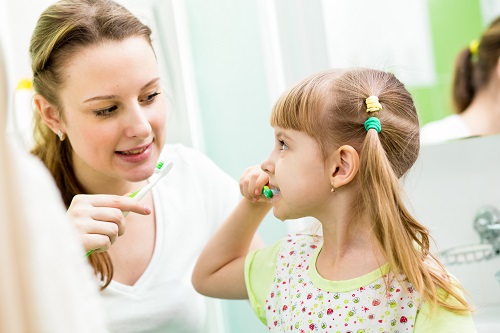One of the best ways to not need cosmetic dentistry during your lifetime is to keep your teeth as clear of plaque as possible. The pillars of dental care are oral hygiene, a correct diet and regular trips to the dentist for examination and cleaning. The dental hygienist removes plaque with an instrument called a scaler.
In many offices, the old scaler, which was a hand instrument, has been replaced by an ultrasonic scaler, which uses frequency to rid the enamel of plaque before the plaque can eat through and cause damage to the tooth.
The research team used high speed cameras to record the cavitation, which is the formation of bubbles around the head of the scalar. They varied the head shape and the power of the scalers, to get a full sample of cavitation patterns.

